Rectifying Pleasure and Will in Our Soul
by Rabbi Yitzchak Ginsburgh
When the Temple stood, the way to serve God was to penetrate one's unconscious, rectify it and offer it to Him. Today, two remnants of that all encompassing service remain: the prohibition to eat the blood and certain choice fats of a kosher animal. Rabbi Ginsburgh explains the inner significance of these two elements of the sacrifice and how we can harness their energy to unite with God.
Two elements of the animal sacrifice brought in the Temple, the "choice fats" (chelev) and the "blood" (dam) are offered exclusively to God. (We learn from this that anything that is choice should be given to our Creator). Neither the person bringing the sacrifice nor the priest can partake of them. This prohibition is eternal. Even today, Jews do not eat the choice fats or blood of the kosher animal. In order to understand the reason for this prohibition, we must explore the inner significance of these two elements of the sacrifice.
Two Dimensions of the Super-conscious Crown
Every Jewish soul has two levels: the natural soul (sometimes called the "animal soul") and the Divine soul (the inner soul). Each of these levels of soul has a super-conscious, called a "crown" (keter). The crown has both an inner and an outer dimension. The inner dimension of the crown is super-conscious "pleasure" (ta'anug). The outer dimension of the crown is "will" (ratzon).
Both these forces are normally concealed from the consciousness. Ultimately, though, they motivate the ten conscious levels of the soul--intelligence and emotions. Intelligence and emotions are like the wheels of a machine that are dependent on an input of energy in order to revolve. This energy derives from the super-conscious crown. Pleasure motivates the conscious powers of the soul, while will, which enclothes pleasure, is for the sake of pleasure. (In certain cases, will can be the opposite experience of pleasure.)
The Temple Service: Rectifying Consciousness
God's Divine Presence was most manifest in the Temple. It was to the Temple that a person would go to meet with God. This "meeting" necessitated that he explore the far reaches of his consciousness, rectify them and offer them as a sacrifice to his Creator. This process ensured the righteousness of all those who came to the Temple.
In Kabbalah and Chassidut, the dam, "blood," represents will. The chelev, "choice fats," represent pleasure. When a person brought a sacrifice, first the blood of the slaughtered animal would be sprinkled on the altar. This would culminate the process of the person's offering up of his will to God. Afterwards, the priest would burn the choice fats on the top of the altar. This would culminate the process of the person's offering up of his pleasure to God.
Rectifying Consciousness Without Temple
At the time of the Temple all of the service to God was actually reaching into the unconscious of man and rectifying it. To our sorrow, the Temple has not yet been rebuilt. Without the Temple, most people cannot access the far reaches of their unconsciousness. At best we can just control our consciousness. According to the book of Tanya (by the first Lubavitcher Rebbe, Rabbi Schneor Zalman of Liadi), the level that most people can attain today is that of the intermediate servant of God, who is in complete control of His conscious thoughts, words and deeds. Nonetheless, the prohibition to eat the blood and chelev of any kosher animal is still in place. On our own level, we must still rectify our will and pleasure, and offer them up to God.
Complete Oneness
The word chelev begins with the letter chet. The word dam begins with the letter dalet. These two letters form an acronym, chad, which in Hebrew is short for the word echad, (alef, chet, dalet) which means "one." If we contemplate on this phenomenon by the means of inductive meditation, we can immediately induce that the two elements of pleasure and will, chelev and dam, actually form a triplet, whose missing element must begin with an alef (the first letter of the word echad). This would render the phenomenon of chad completely whole, as echad--("one").
The Choice of the Choice
The inner dimension of the crown, pleasure, has its own inner dimension. The outer dimension of pleasure is experiential, while the inner dimension of pleasure is super-experiential. This super-experiential level of pleasure is referred to as "simple faith" (emunah), and is the "unknowable head of the crown" (reisha d'lo ityada).
There are different types of animals that are sacrificed. When a sheep is brought as a sacrifice, there is a third element given exclusively to God in addition to the chelev and dam. This is a more choice level of fat, called the alyah ("rump"), adjacent to the tail of the sheep. The alyah is more chelev than chelev, more pleasure than pleasure. In accordance with our process of inductive meditation, the word alyah begins with the letter alef. The alef of alyah completes the chet and dalet of chelev and dam to form the word echad ("one"): two levels of pleasure and one level of will that form our complete Oneness of God.
The Mathematical Meditation
The numerical value of alyah is 46.
The numerical value of chelev is 40.
The numerical value of dam is 44.
The sum of these numbers is 130.
130 is 10 times 13, the numerical value of echad. (13 is also the value of ahavah, "love.") Ten times 13 is the full manifestation of how the complete Oneness of God manifests itself in all ten conscious levels of our soul.
By searching our consciousness to access the two dimensions of pleasure and the dimension of will in our souls, and offering them to God, we can achieve simple unity with our Creator on all ten conscious levels of our soul.
